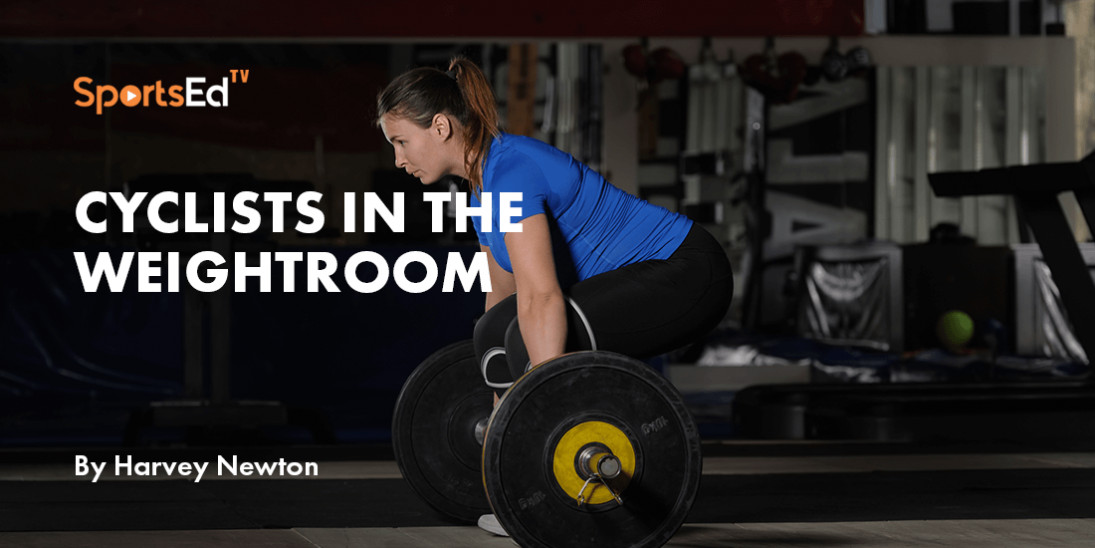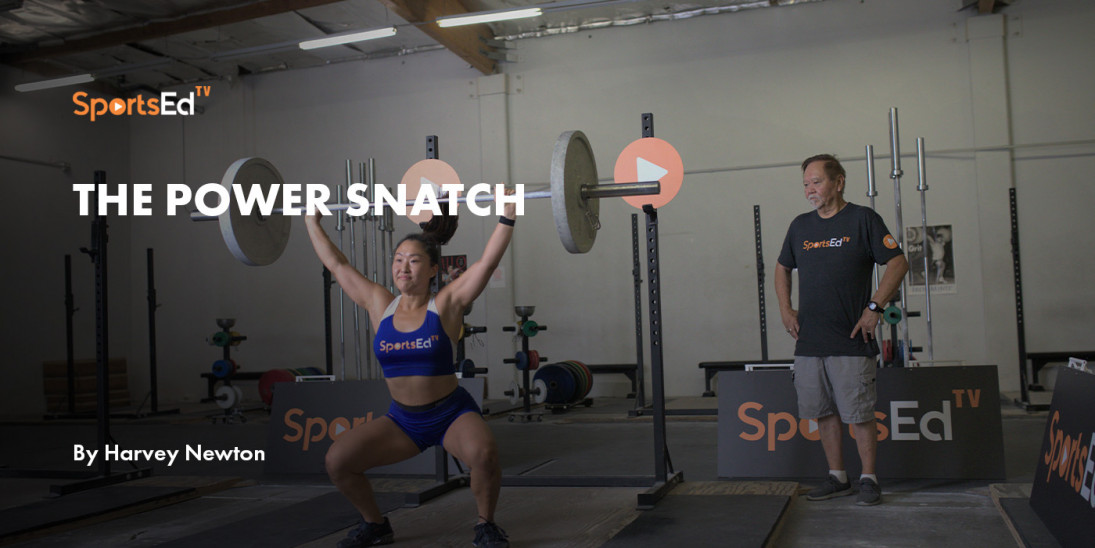Weightlifting
Welcome and thanks for visiting...

Bench Press for Weightlifters?

A recent Men’s Health column discussed the topic of weightlifters and the bench press exercise. To illustrate the general lack of importance this move holds for weightlifters, an interview with China’s Lu Xiaojun was featured. Lu guessed he might be able to bench press 120kg (264lbs.), although his best jerk from the rack is 230kg (507lbs.).
Lu correctly stated that any sort of specialization in the bench press is likely to cause shoulder mobility problems for a weightlifter. This is one reason powerlifters are often challenged to crossover to our sport, where shoulder flexibility, especially in the snatch, is a key component of success.
Lu also mentioned that because he does not include any pressing in his workouts, he also lacks skill in the press and the push press. He may simply mean he does not spend a great deal of time on pressing movements, which is understandable for many.
Bud Charniga (Sportivny Press) has successfully argued that the big muscular lifters that might engage in a lot of muscular pushing of intense loads overhead may also depend too much on upper body strength when it comes to the jerk, which is really a lower body-dominant exercise. This was particularly true when the press was a competition lift and lifters spent up to 40% of their training focused on this movement.
On the other hand, it remains accurate to state that one is only as strong as their weakest link. With so little upper body pushing being done in training these days, it is not unusual to note some lifters struggling to keep the barbell overhead in the jerk. The SportsEdTV weightlifting library contains an excellent blog on the topic of pressing and its place in today’s training program.
As USA’s national coach (1981-1984) I routinely included some form of pressing in the Colorado Springs OTC lifters’ monthly workouts. We varied several exercises, including a standing press, a press behind the neck (watch out for the “exercise police” on this one), an incline press, and the bench press. Note that the push press is not included here, as it was categorized elsewhere as a jerk assistance exercise.
These presses could be performed with a barbell or, in all cases except the PBN, with dumbbells. Additionally, I encouraged lifters to occasionally perform parallel bar dips through a full range of motion. We’ve all seen reports of Chinese lifters executing handstand push-ups. Anything to address and strengthen the upper body pushing muscles can be helpful.
The OTC resident lifters’ bench presses were performed with a jerk grip, a pause at the chest, no arching, and with elbows close to the sides. The goal was to strengthen the deltoids and triceps, not to see how much one could bench press. I programmed any pressing movement off the lifter’s best snatch. Some fell short of that goal, but others were kept from going any heavier.
Pressing of any sort made up about 10-12% of a lifter’s monthly programming. For example, in a 1,000-rep contest month pressing of some sort totaled about 100-120 reps, whereas a 1,650-rep preparation phase meant 165-198 reps. These reps were 65-90% of a lifter’s best snatch. Spread over four weeks, a lifter fine-tuning for Nationals would average 25-30 pressing reps in a week, generally placed in two of the weekly training sessions. Twelve to 15 pressing reps in a workout certainly did not lead to specialization!
Powerlifters compete in the bench press and in order to excel they use a wider grip, an exaggerated bowed back posture, restrictive clothing items, etc., all designed to increase their performance in this lift. Weightlifters do not need this sort of specialization.
Readers may note that the targeted benefits for upper body pushing muscles did not include the pectoral, or chest, muscles. While powerlifters, bodybuilders, and some athletes from other sports may need stronger (or larger) “pecs,” a weightlifter does not. Unwanted pectoral muscle size presents a challenge for lifters in weight-restricted bodyweight categories.
So, should a weightlifter avoid bench presses? Not really. It seems the lift, positively performed, can assist in strengthening the upper body pushing muscles. But there’s no need to focus on big improvement in this lift. As exemplified by Lu, don’t expect to hear of an outstanding bench press performance by a weightlifter.




